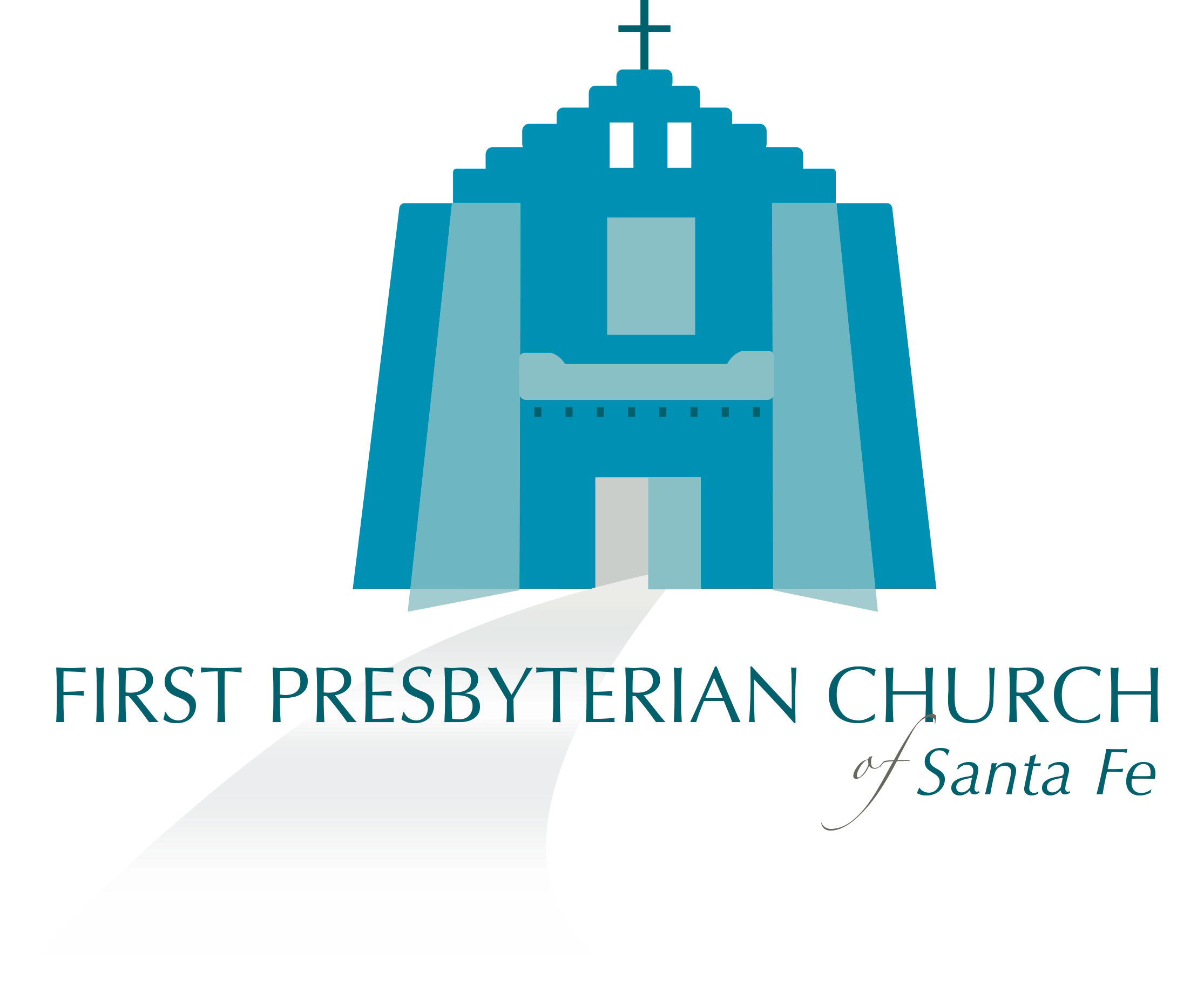Dear Saints in Santa Fe, and other far-off places,
Greetings in the name of Jesus Christ.
“These are the most radical, political, revolutionary words ever uttered.”
The words spoken on the pitcher’s mound in the spring of 1979 were not these. I was a catcher for the College of Wooster baseball team, we were playing Wittenberg University and, at that point in the season we had the best record in all of college baseball, 30-1. Our team was filled with some All-Americans and many of my teammates were drafted to play professional baseball, as was Walt, the pitcher that day.
In the third or fourth inning, in between pitches, Walt motioned for me to come to the mound. He didn’t like the way the umpire was calling balls and strikes so he told me not to catch the next pitch but let it hit the umpire in his facemask.
I said no. I’m not doing this. My goodness, Walt’s fastball was clocked at 95 mph, a major league speed, and it could cause serious injury. Besides, it was just plain wrong. He wouldn’t let it go, and said again, I’m telling you, I’m going to hit the umpire so don’t catch it. I again refused. I turned around and jogged back to home plate.
That was the last time I ever caught him. He told the coach after the game that he never wanted me to catch for him again, and I didn’t. Whenever Walt pitched I either played in the outfield or didn’t play at all.
I’m not sure what he told our teammates about what happened that day on the mound, but it was never spoken of again.
But it has stayed with me. What if I would have gone along with Walt, drop my mitt, get out of the way, get someone hurt, act as if it wasn’t my fault, be part of the team, not stand up for what I know is right?
“The most radical, political, revolutionary words ever uttered”? “Love your enemy.” The words which Christians have tried to forget or ignore for 1700 years! Now I know this seems a long way from that baseball field at Wittenberg, and Walt was not my enemy, but every pitch, every out, every conversation, every issue, every emotion, every controversy, every division, every decision we face every day leaves us with a choice: Do we seek the best for another person, or do we allow harm to slip in? Do we love those who love us but disregard the stranger, the marginalized, those we are told are our enemies? Do we cheer on war because it will right a wrong or get rid of an enemy? Do we count the human cost or is the cause worth it?
“Love your enemies,” Jesus insists. Always. ‘Do it,” John Dear writes, “because it is the only practical path to peace.” King once preached, “When you rise to that level of love, of its great beauty and power, you seek only to defeat evil systems. Individuals who happen to be caught up in that system, you love, but you seek to defeat the system.”
So, I caught the next pitch.
Grace and peace,
Harry
